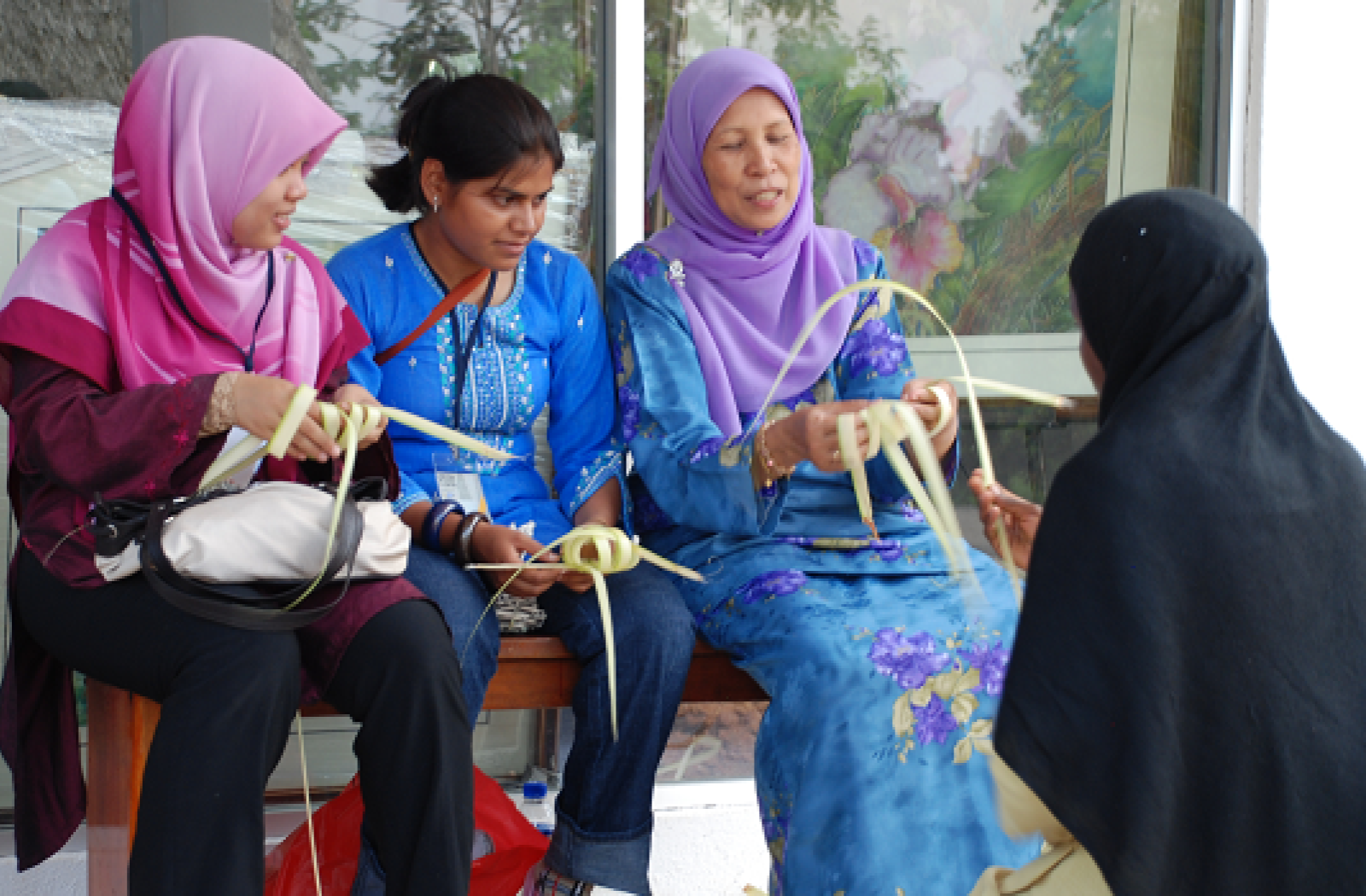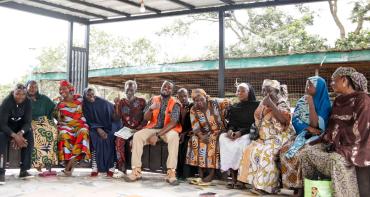Isaac Folorunso Adewole, a former Nigerian Minister of Health and professor of gynaecology and obstetrics, writes about the Commonwealth working together to change the narrative on cervical cancer.

I will never forget. The patients came from different backgrounds and exhibited precisely the same symptoms - even though they came from different ethnic groups and socio-economic classes. They all presented late, mostly with advanced cancers, marked by an odorous bloody discharge.
The reasons for presenting late varied. Some could not gain access due to poverty or because health systems were poor or non-existent. Others simply did not believe that western medicine could cure the ailment.
I still remember what my gynaecology professor taught me about cervical cancer about 40 years ago. He said there were three common features of cervical cancer in our environment. The first he said was the late presentation. The second was the late presentation while the third was also the late presentation.
At this late stage, there was nothing tangible that could be offered to them. It created a vicious cycle and these women and others with similar complaints stayed away from our fragile facilities.
Half a million women
The burden of cervical cancer globally is frightening. About half a million women develop the disease annually and half of them die every year. We lose a woman to cervical cancer every two minutes.
It was a matter of serious concern when I started residency training in obstetrics and gynaecology seven years later. Nothing had changed. It was, however, gladdening to me when I read about the remarkable success of The District of British Columbia, Canada and some countries in the Scandinavian region. These countries deployed organised screening to reduce the incidence of cervical cancer.
However, the technical requirements for screening made it a hard nut for many developing countries to crack. Apart from Australia, Canada, New Zealand and the United Kingdom, no country in the Commonwealth has successfully implemented routine cervical cancer screening at the national level. The clinical picture remains the same in many Commonwealth countries in 2020.
Effective vaccine
The discovery of the relationship between cervical cancer and the Human Papilloma Virus represented a major milestone in our understanding of the causation of cervical cancer. That led to the development of an effective Human Papilloma Virus (HPV) vaccine against cervical cancer. Work on the development of the vaccine earned two outstanding scientists in Germany and Australia the Nobel Prize.
HPV vaccines administered routinely to young girls age 9-14 years with regular, routine nationwide cancer screening has changed the trajectory of cervical cancer from sure death to one of possible elimination. Some countries like Australia offer the HPV vaccines to boys as well.
The Commonwealth Secretariat since 2017 has initiated a consultation on how collective action can be taken against cervical cancer. This is in recognition of the fact that most countries cannot do it alone.
Success is possible
The discussions taking place on
Collective action has the potential to mobilise resources and political action to key into the global movement led by the World Health Organization to eliminate cervical cancer in the 21st century.
Success is possible. We can change the narrative and turn failure to success. We must work together to act decisively in our bid to eliminate the monster in the Commonwealth and the world at large.



